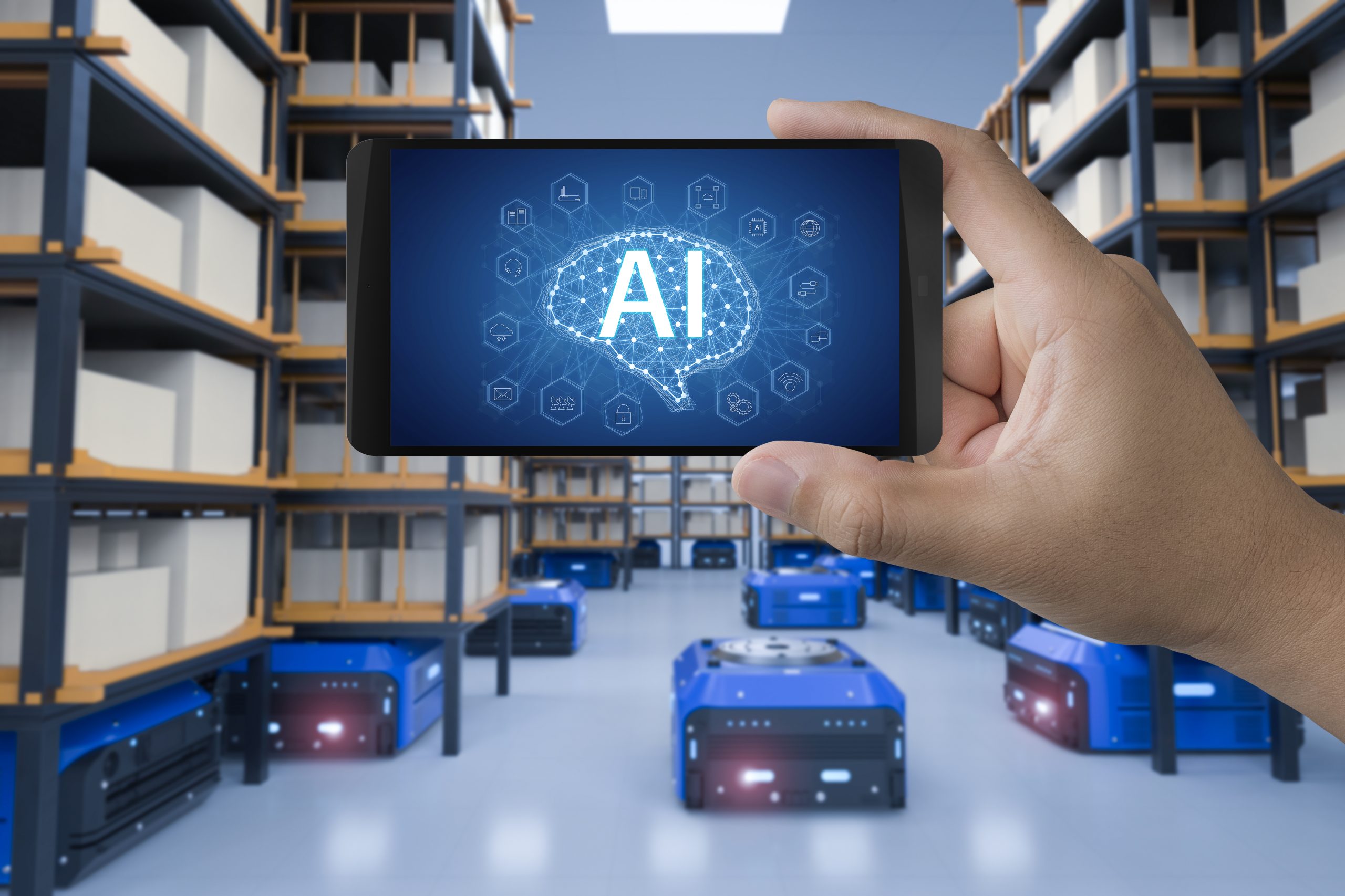In today’s fast-paced, global market, logistics and supply chain management are more crucial than ever. But with increasing demand comes the need for innovative solutions. Enter AI technology. By streamlining processes, anticipating needs, and responding to trends, artificial intelligence (AI) is transforming logistics and supply chain management in ways we couldn’t have imagined a decade ago. So, how exactly is AI shaping the future of this industry? Read on to find out how AI will improve efficiency, customer service, and much more.
AI and the Future of Supply Chain Optimization
AI technology is not just a tool for automation; it’s a game changer for optimizing supply chain management. Through advanced algorithms and machine learning, AI can analyze vast amounts of data faster and more accurately than humans ever could. Here’s how AI optimizes supply chain processes:
- Demand Forecasting: AI can predict customer needs by analyzing historical data, seasonal trends, and market conditions. This allows companies like CGA Logistics to anticipate stock requirements and avoid costly shortages or overstock situations.
- Inventory Management: AI helps monitor stock levels in real-time, automatically adjusting supply based on predictive analytics. This reduces storage costs and improves cash flow.
- Route Optimization: AI can calculate the most efficient delivery routes, saving time and fuel costs. It takes into account traffic conditions, weather, and road closures, ensuring faster and more reliable deliveries.
- Supplier Management: AI can evaluate supplier performance by analyzing past transactions and delivery times. This enables companies to choose the most reliable suppliers, reducing disruptions in the supply chain.
By leveraging AI technology, companies like CGA Logistics are better equipped to meet the evolving demands of global markets.
Improving Efficiency with AI-Driven Automation
AI is transforming day-to-day operations in logistics by automating repetitive tasks and streamlining workflows. Here’s how:
- Automated Warehouse Management: AI-powered robots and drones can handle tasks such as sorting, picking, and packing orders, minimizing human error and speeding up the fulfillment process.
- Smart Transportation Systems: AI can automate fleet management, providing real-time tracking, and reducing downtime with predictive maintenance.
- Efficient Order Processing: AI systems can automatically process orders, allocate resources, and even handle customer queries, freeing up human workers for higher-level tasks.
The efficiency gains from AI-driven automation can translate into faster service, reduced operational costs, and ultimately better customer satisfaction.
Enhancing Customer Service with AI in Logistics
In an era where customers expect fast, reliable service, AI is a powerful tool for meeting these expectations. Here’s how AI enhances customer service:
- Real-Time Tracking and Updates: AI can provide customers with real-time tracking of their shipments, ensuring they always know where their goods are.
- Personalized Service: AI can analyze customer preferences and purchase history, allowing logistics companies to offer personalized shipping options and promotions.
- Predictive Customer Service: AI chatbots can answer common queries instantly and even predict customer needs based on past interactions. This leads to faster issue resolution and improved customer satisfaction.
With AI, companies like CGA Logistics are able to offer an elevated level of service, keeping customers happy and loyal.
AI Anticipates Trends and Responds to Market Shifts
One of the biggest advantages AI brings to supply chain management is its ability to anticipate market trends and respond proactively. Here’s how:
- Trend Prediction: AI systems analyze data from various sources—sales, social media, news reports, and more—to forecast future trends. This enables logistics companies to prepare for demand spikes or changes in consumer behavior.
- Risk Management: AI can identify potential disruptions in the supply chain—such as supplier delays or political instability—and help companies take preemptive action.
- Sustainability Efforts: AI can help logistics companies optimize their operations to reduce carbon footprints by recommending eco-friendly routes and suggesting ways to cut energy consumption.
By staying ahead of market shifts, we and other forward-thinking companies can adapt quickly and maintain a competitive edge.
The Future of Logistics Is AI-Driven
AI technology is rapidly reshaping the logistics and supply chain management landscape, offering unparalleled opportunities for optimization, efficiency, and customer service. By embracing AI, companies like CGA Logistics can anticipate market needs, streamline operations, and provide a superior customer experience.
Are you ready to revolutionize your logistics operations with AI? Partner with us today and stay ahead of the competition.





